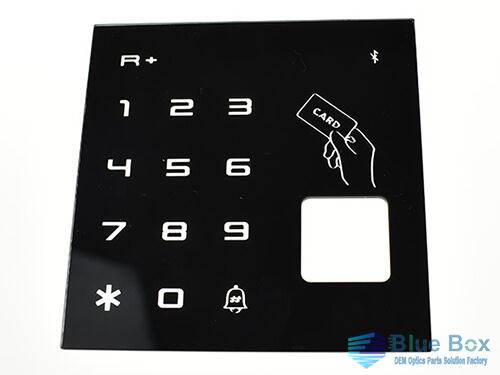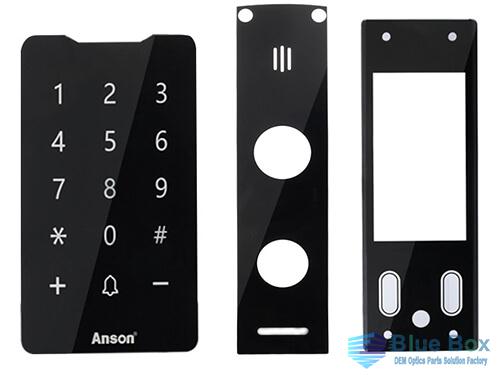Glass tempering enhances the performance, safety, and longevity of glass, making it an ideal choice for applications where strength, safety, and durability are paramount. Glass tempering offers several benefits that make it a preferred choice for various applications. Here are the key advantages of glass tempering:
Increased Strength
Tempered glass is approximately four to five times stronger than regular annealed glass of the same thickness. It can withstand higher levels of impact and is less prone to breaking or shattering when subjected to external forces.
Safety
One of the main advantages of tempered glass is its safety features. When tempered glass breaks, it shatters into small, relatively harmless pieces with rounded edges instead of sharp, jagged shards like regular glass. This reduces the risk of injury in case of breakage, making tempered glass a preferred choice in applications where safety is crucial.
Durability
Tempered glass is more resistant to scratches, abrasions, and other forms of wear and tear due to its increased hardness. It maintains its clarity and visual appeal over time, making it a durable choice for various applications.
Design Flexibility
Tempered glass can be customized and fabricated into various shapes, sizes, and thicknesses before undergoing the tempering process. This allows for greater design flexibility and enables its use in a wide range of architectural, automotive, and industrial applications.
Wide Range of Applications
Tempered glass is used in various applications where safety, strength, and durability are important. It is commonly used in architectural applications such as windows, doors, shower enclosures, and glass facades. It is also used in automotive windows, furniture, display cases, appliances, and other areas where safety and durability are essential.
Thermal Resistance
Tempered glass has superior thermal resistance compared to regular glass. It can withstand high-temperature differentials, such as exposure to direct sunlight or rapid heating and cooling, without cracking or breaking. This property makes tempered glass suitable for applications where thermal stress is a concern, such as windows, doors, and glass panels in buildings.
Scratch Resistance
Tempered glass is more resistant to scratches and surface damage compared to regular glass. The tempering process creates a hardened surface that is less prone to scratches and marks from everyday use or cleaning.



